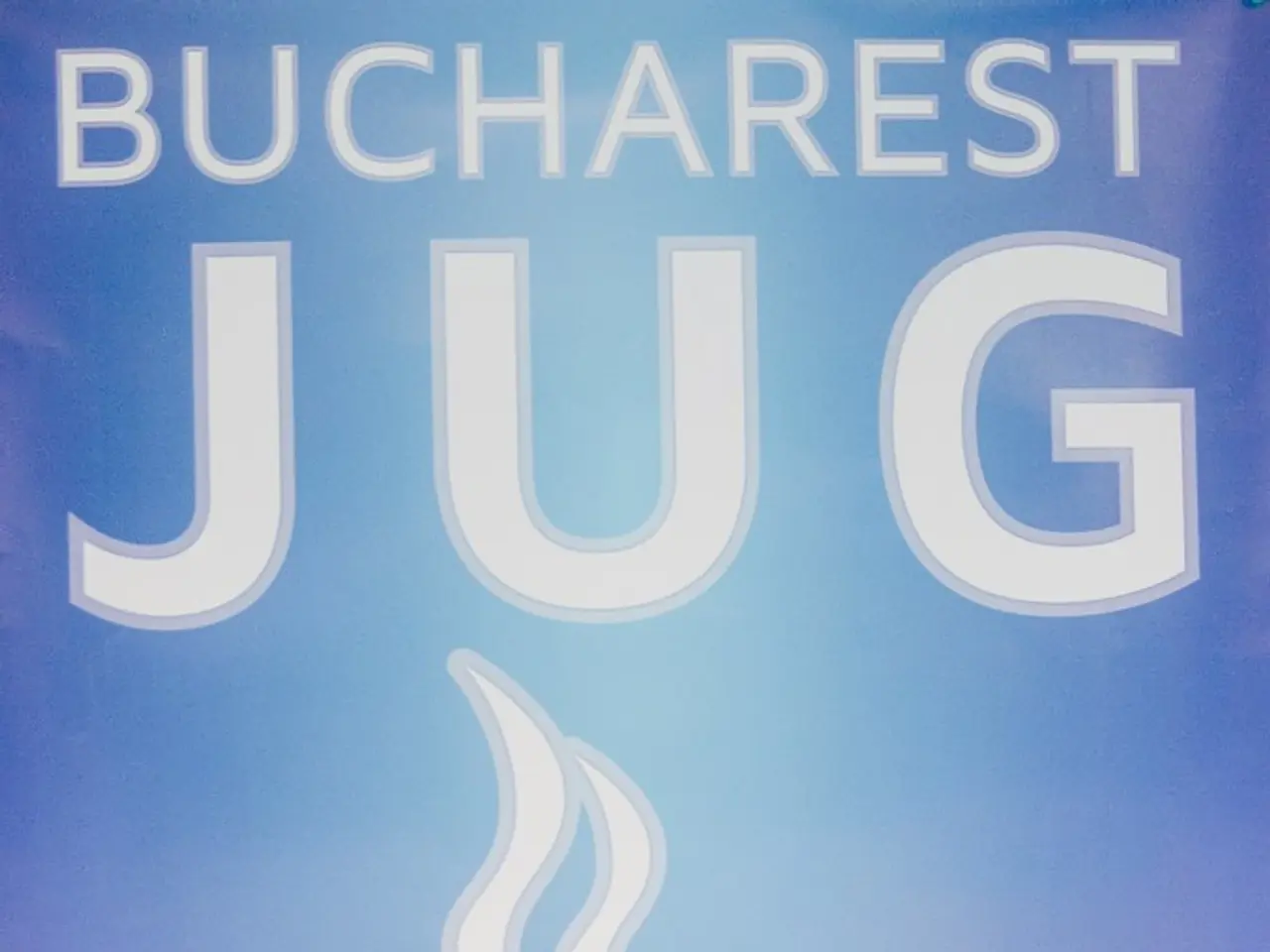Fees at the start of personal loans continue to be a point of frustration for consumers. This raises the question as to why such charges persist in the personal loan sector.
In the world of personal loans, understanding the costs involved is crucial for borrowers. Two common fees that often catch the eye are origination fees and prepayment penalties.
Origination fees persist because they help lenders cover upfront processing and evaluation costs. These fees, which range from around 0.5% to 8% of the loan amount, cover administrative costs such as evaluating creditworthiness, verifying documents, and other operational expenses necessary to fund and manage the loan. They are either deducted from the loan proceeds or added to the loan balance.
On the other hand, prepayment penalties remain for some loans as a financial protection for lenders against early payoff but have become less common due to borrower preference and competition. These penalties discourage borrowers from paying off loans early, which would cut into the lender’s anticipated interest earnings. However, some lenders offer loans with no prepayment penalties but often at a trade-off of higher interest rates or additional fees elsewhere.
Borrowers can often choose loans without prepayment penalties, but they might face higher rates or fees in exchange. For instance, online marketplace lender Happy Money's origination fee depends mostly on the term of the loan, while SoFi is unique in that it doesn't impose a required personal loan origination fee, but an optional one might help lower the interest rate.
Maintaining good credit can help borrowers secure lower origination fees. Prequalifying with multiple lenders can help borrowers understand potential fees and APR before applying. Considering the term of the loan can impact the total cost of repayment, with shorter terms potentially reducing the origination fee.
If a borrower wants the full loan amount without deductions for the origination fee, they must borrow more than the requested amount. Origination fees can be higher for less-qualified loan applicants.
Popular personal loan lenders and their respective origination fees include Achieve (1.99% to 8.99%), Alliant Credit Union (None), American Express (None), Best Egg (0.99% to 9.99%), Citibank (None), Discover (None), Happy Money (0% to 5%), Laurel Road (None), LendingPoint (Up to 10%), LightStream (None), Navy Federal Credit Union (None), M&T Bank (None), PenFed Credit Union (None), Prosper (1% to 9.99%), SoFi (0% to 7%), Splash Financial (0% to 12%), TD Bank (None), Upgrade (5%), USAANone, Upstart (0% to 12%), U.S. Bank (None).
Origination fees can make personal loans less affordable to repay, cause qualification issues, or force longer repayment terms. Consumer satisfaction falls when borrowers aren't told about a fee until after loan approval. However, in the marketplace, borrowers can find the same terms without paying the origination fee.
Shopping around for lenders and comparing APR can help borrowers find loans with lower fees or no fees at all. Some lenders, like Alliant Credit Union and USAA, do not charge origination fees. It's essential to be aware of these fees and their impact on the overall cost of the loan before making a decision.
In the end, understanding origination fees and prepayment penalties can help borrowers make informed decisions when taking out a personal loan. Transparency from lenders about these fees is crucial to maintaining consumer satisfaction.
Borrowers can choose lenders like Alliant Credit Union and USAA that do not impose origination fees, thus saving on upfront costs. In contrast, auto loans and business loans may include origination fees, which can be as high as 8%, while student loans typically do not have such fees.
Maintaining good credit and prequalifying with multiple lenders can help borrowers understand potential fees and APR before taking out a personal loan, allowing them to make informed decisions about finance and personal-finance matters.




